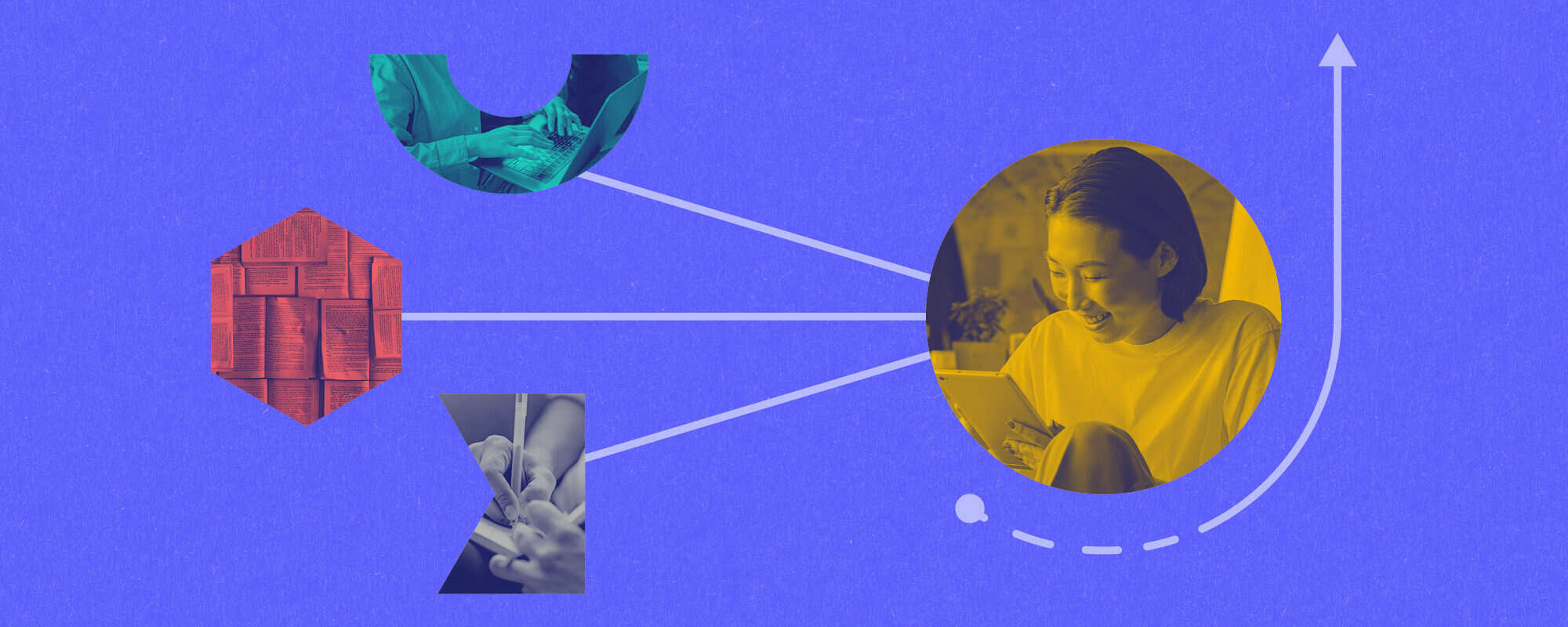
The Modern B2B Buyer Wants More Personalization (And Less Emails)
It seems like every B2B company uses the same few marketing tactics to engage their prospects, but are they working?
- Are your emails going straight to junk? B2B companies naturally gravitate towards email drip campaigns to nurture their customer base, but nearly 48% of emails sent in 2020 were classified as spam.
- Is your sales team enlightening (or irritating) the prospects they’re calling? Sales reps make dozens of cold calls a week, but it was found that 83% of people who receive them immediately block the number. Add to that the fact that the success rate of a cold call is only 1-3%.
- Are you asking too much of your buyers? Social media content that is too CTA-heavy can be fatiguing. Join this webinar, read this whitepaper, download this PDF. Social media posts aren’t meant to be jumping off points to your content.
In her LinkedIn article, Gail Moody-Byrd finds that “sellers are increasingly overwhelming buyers with outreach that fails to speak to their unique challenges, instead pushing impersonal and irrelevant messages.” This poses a risk to any company that is leveraging B2B marketing tactics that don’t take into consideration each buyer’s individual needs. B2B marketing tactics that aren’t personalized aren’t working as well as they used to, and they’re quickly becoming a waste of resources. Buyers want to research individually and at their own pace, while only consuming relevant content that has been curated for them.
“The advantage of the self-serve journey is that it drives a sale without the seller being needed, even at the moment of purchase—making every marketer a seller.
(quoted from Future of B2B Sales: The Big Reframe)
In McKinsey’s Future of B2B Sales: The Big Reframe data shows that in August 2020, 22% of buyers preferred digital self-service options when identifying and researching new suppliers, compared to 34% in December 2021. This trend also continues when buyers are considering and evaluating new suppliers, with 30% of buyers preferring digital self-serve options (compared to 33% in December 2021).
Buyer behavior has changed significantly in the last two years alone, and if businesses aren’t delivering relevant content in the format and channels buyers prefer, they risk losing prospects. Similar to how we consume content in our personal lives, largely driven by algorithmic recommendations and ‘bingeing’, buyers desire a similar experience, with next-best content recommendations as they move further through the sales funnel.
“It’s very easy in people’s personal lives to have access to information and to get what you want when you need it. People are bringing that same expectation into the business world.”
—Chief commercial officer, consumer goods company (quoted from Future of B2B Sales: The Big Reframe)
Content intelligence adds a much-needed personal touch to traditional sales tactics
The goal of content intelligence is to not replace email marketing or cold calls, but to personalize them by providing content consumption data about prospects—so sellers are prepared with the topics the buyer has read about, the problems they’re trying to solve, or the industry they work in. A seller that is armed with content intelligence data has the ability to tailor outreach emails phone calls to that individual buyer, providing a bespoke experience that blanket email marketing campaigns don’t provide.
Content intelligence is the best path to buyer and seller enablement: the buyer is enabled because they come to the sales conversation knowledgeable about how the tool can solve their problem, while the seller is enabled because they have intent data that shows how engaged the buyer is with the content and the product.
PathFactory unlocks your deep sales capabilities
This use of data and real-time insights to unlock sales opportunities is called deep sales. Deep sales arms sellers with buyer data derived from predictive signals and content consumption behavior. Sellers use this information to focus on the few accounts that have the highest chance of conversion, instead of using the “spray and pray” model that has historically been used in B2B sales. Harvard Business Review highlights the three areas that deep sales sheds light on:
- Account insights: Targeting accounts that have the best chance of success
- Relationship intelligence: Identifying decision makers and finding the best path to reach them
- Buyer intent: Capitalizing on the right moments to reach out, based on signals such as organizational growth, job changes, and change in strategy
In partnership with 6sense, PathFactory provides insight into these three key areas out of the box, allowing sellers to focus on high-intent customers with tailored messaging that will resonate at the account and individual level.
Between the dwindling success rate of traditional marketing tactics, and the desire for tailored experiences, it’s no surprise that finding ways to personalize customer outreach is one of the top priorities for B2B businesses in 2023. Content intelligence can help with that; set up some time with a PathFactory expert to show you how.
